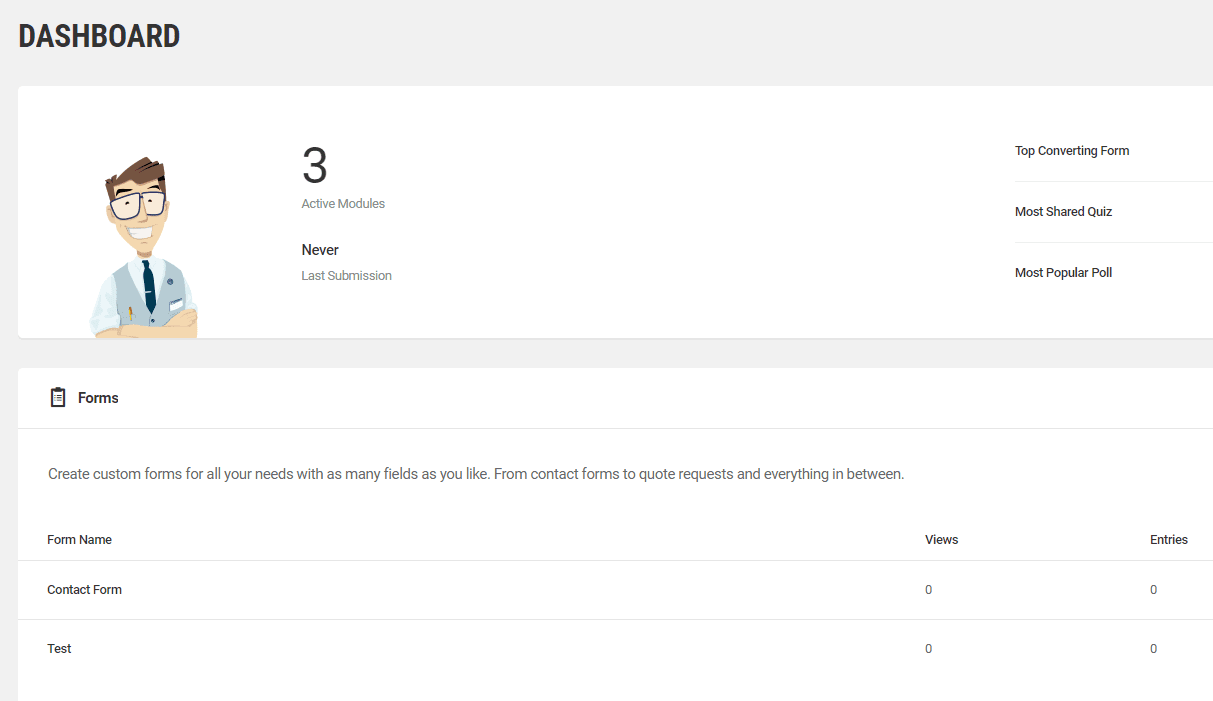In the ever-evolving landscape of website security, vulnerabilities pose a significant risk to businesses and individuals alike. One such vulnerability that has recently come to light is the Forminator WordPress Plugin Vulnerability, which affects over 400,000 websites. This critical security issue has been rated 9.8/10, making it a severe threat to the affected websites. In this article, we will explore the details of this vulnerability, its impact, and the necessary steps to mitigate the risks.
Understanding the Forminator WordPress Plugin Vulnerability
The U.S. Government National Vulnerability Database (NVD) has issued a notice regarding a critical vulnerability found in the Forminator WordPress Contact Form plugin, up to and including version 1.24.6. This vulnerability allows unauthenticated attackers to upload arbitrary files, potentially leading to remote code execution on the affected websites. The severity of this vulnerability, combined with its wide reach, makes it a cause for concern for website owners and administrators.
How the Vulnerability Works
The Forminator WordPress Plugin Vulnerability allows unauthenticated attackers to bypass the file type validation process. This means that they can upload any kind of file, including malicious scripts, to the target website’s server. Once the attacker has successfully uploaded a file, they can potentially execute remote code on the website, leading to various security breaches and compromises.
Risks and Implications
The implications of the Forminator WordPress Plugin Vulnerability are far-reaching. Firstly, the ability for unauthenticated attackers to upload arbitrary files creates a significant risk of remote code execution. This can result in website defacement, data breaches, and even complete site takeover. Additionally, the vulnerability affects a large number of websites, amplifying the potential impact and making it an attractive target for attackers.
Importance of Locking Down Contact Forms
Contact forms play a crucial role in website functionality, allowing users to communicate with website owners and administrators. However, they can also serve as potential entry points for attackers if not properly secured. The Forminator WordPress Plugin Vulnerability highlights the importance of implementing robust security measures for contact forms, especially since they accept input from the public. Website owners must ensure that contact forms are thoroughly locked down to prevent any potential vulnerabilities.
Addressing the Forminator WordPress Plugin Vulnerability
Thankfully, the Forminator WordPress Plugin development team has addressed the vulnerability in version 1.25.0. It is crucial for website owners and administrators to update their installations to the latest patched version to eliminate the risk posed by the vulnerability. By updating to version 1.25.0 or a newer patched version, website owners can protect their websites from potential attacks and ensure the security and integrity of their online presence.
Changelog and Notification
A changelog is a record of all the changes made to a software, providing users with information about updates and fixes. The Forminator WordPress Plugin changelog should include a clear notification to users about the vulnerability patch and the urgency of the update. By including this information in the changelog, website owners can make informed decisions about updating their software promptly.
Preventing Similar Vulnerabilities
While the Forminator WordPress Plugin Vulnerability is significant, it is not an isolated incident. Similar vulnerabilities can arise in other Content Management Systems (CMS) as well. WordPress provides coding standards and guidelines for plugin developers to prevent such vulnerabilities. Proper handling of uploads from untrusted sources and thorough sanitization and validation of input data are crucial in preventing these types of vulnerabilities from occurring.
Additional Measures for Website Security
Addressing vulnerabilities is just one aspect of maintaining website security. Website owners and administrators should adopt a proactive approach to protect their websites from potential threats. Implementing a comprehensive security strategy that includes regular audits, strong passwords, secure hosting, and timely software updates can significantly enhance website security and reduce the risk of future vulnerabilities.
Conclusion
The Forminator WordPress Plugin Vulnerability poses a critical threat to over 400,000 websites. The ability for unauthenticated attackers to upload arbitrary files and potentially execute remote code on affected websites makes this vulnerability highly severe. Website owners and administrators must take immediate action to update their installations to the latest patched version, ensuring the security and integrity of their websites. By implementing robust security measures and adopting a proactive approach to website security, businesses and individuals can safeguard their online presence and protect against future vulnerabilities.

No comments! Be the first commenter?